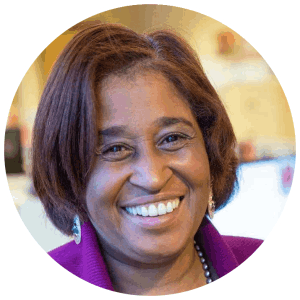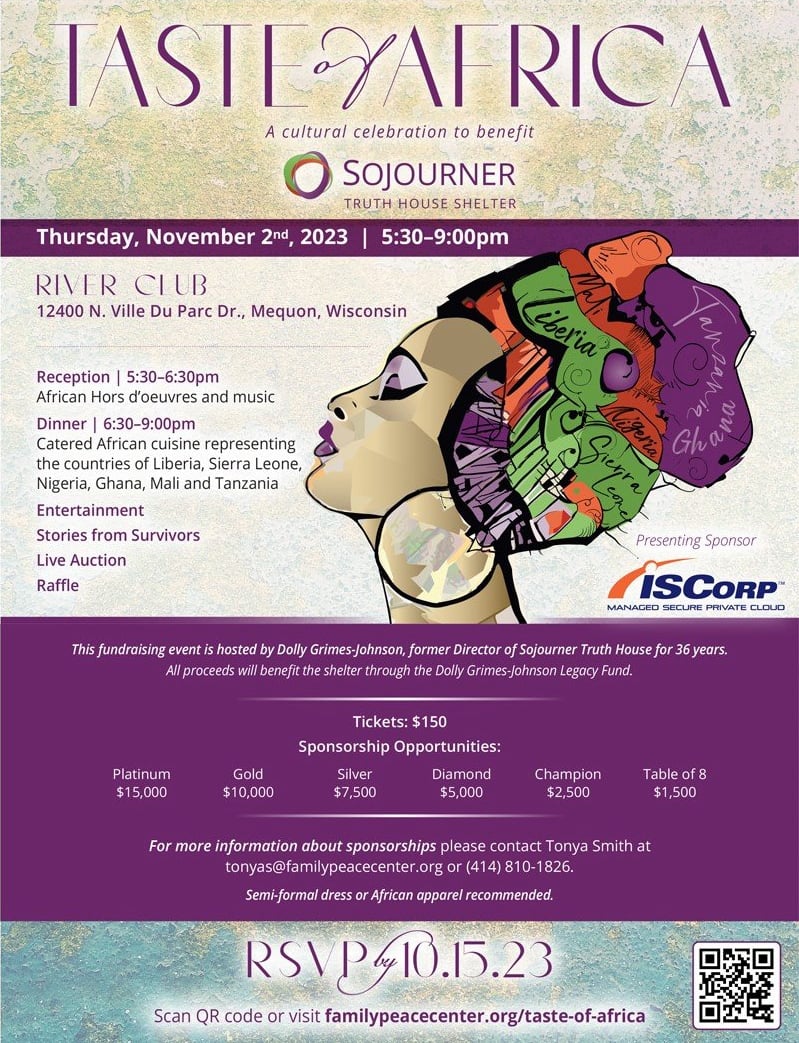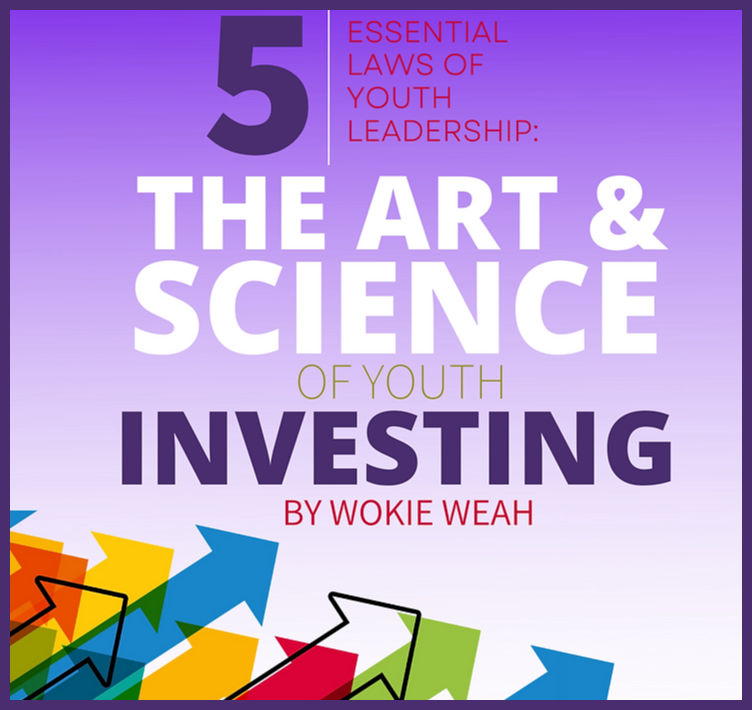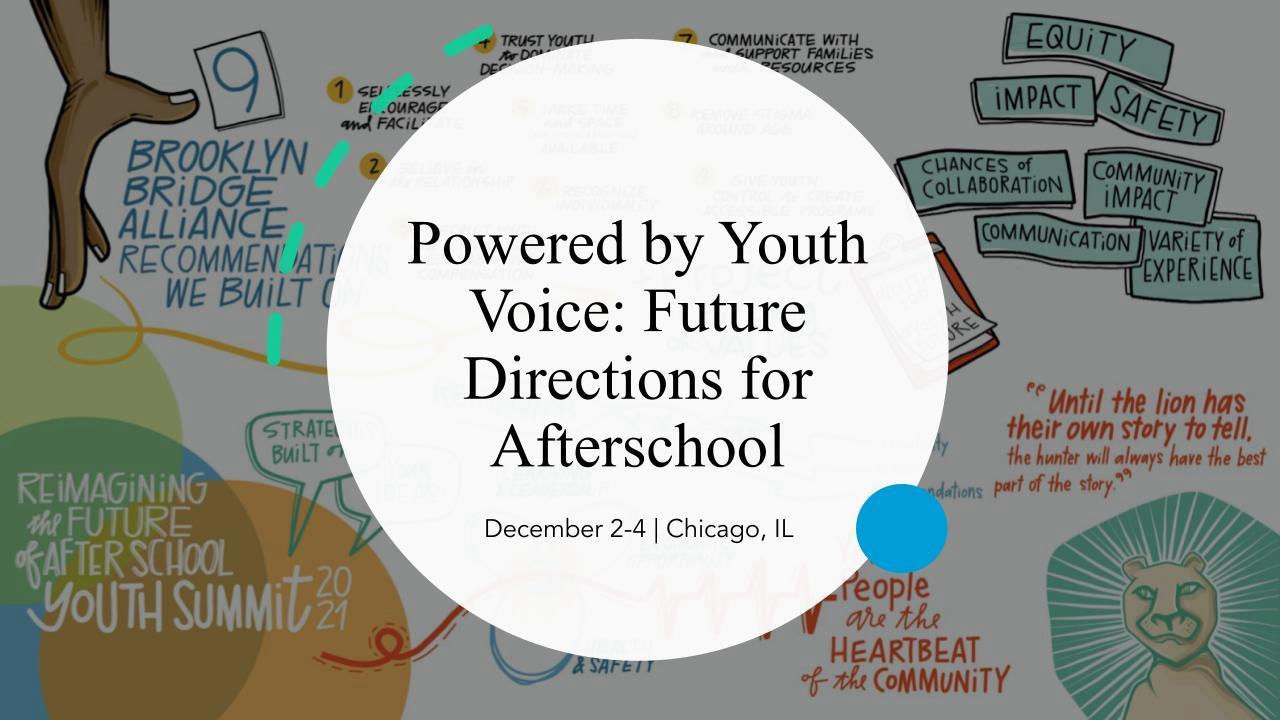Namoa Koni: Part Three - Seven Lessons Learnt In Transforming Philanthropy, Research, and Policy Systems
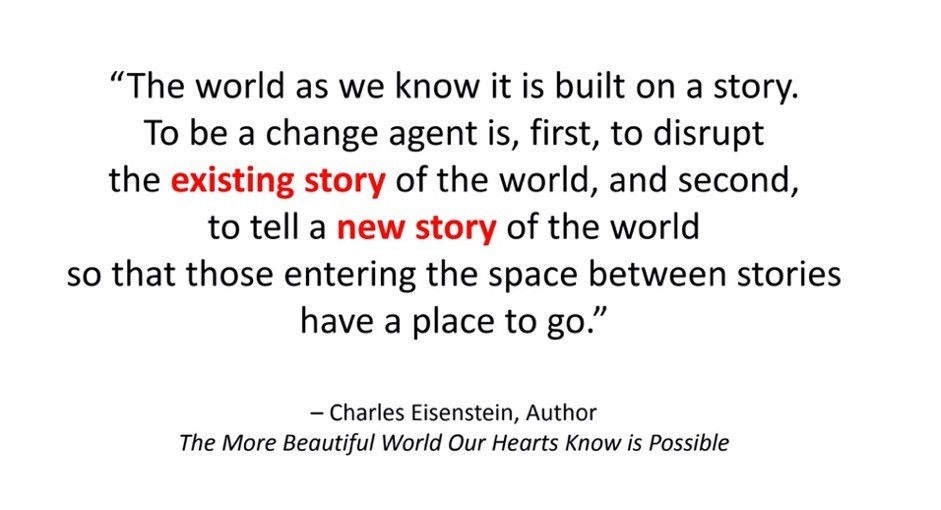
In this last series, I find it important to express the 7 lessons I learned while using Namoa Koni to transform philanthropy, research and policy systems. With all MN youth in mind - Youthprise was established in December 2010 by the McKnight Foundation to champion learning beyond the classroom. For the last 10 years, the philanthropic non-profit, Youthprise, has earned a reputation of being a “Disrupter” of philanthropy, research, and policy systems, an uplifter of youth aged 16-25, and an investor in fueling the entrepreneurial spirit of indigenous, low income, and racially diverse youth.
Ultimately, our goal was to disrupt research, philanthropy, and policy systems to replace them with something better.
As the founding President of Youthprise, I have consistently advocated for a new way of ‘funding equity’ that challenges western interpretations of ‘giving back and calls for a new and more inclusive funding model that elevates youth leadership and advances racial equity. As COVID-19 and Systemic Racism shed a bright spotlight on how communities of color are disproportionately impacted, now is a good time for me to pause and reflect on the valuable life lessons learned over the years to propel Youthprise into the future.
7 Lessons I have learned from Youthprise’s inception to now:
1: Promote a Youth in Governance Model that leverages the creativity, passion, and integrity of youth.
This exists at both the staff and board levels. At the staff level, young people had opportunities to contribute to Youthprise achieving its mission and vision by serving as staff members, Fellows, and Interns. This allows us to ‘model’ effective practice, keep our ear close to the ground, and integrate youth voice into all aspects of our programming. At the Board level, we have a youth and adult co-chair of the board as well as youth and adult co-chairs at the committee level. The 50-50 youth-adult partnership model is fresh and allows Youthprise to lead with intent and encourage others to replicate this practice.
2. Understand your competitive advantage.
Early on Youthprise underwent a rigorous process to understand and play to our strengths determined to be that we strategically combine philanthropy, policy, research, and authentic youth engagement under one roof. Understanding whom we have facilitated our ability to be nimble, respond rapidly to emergencies, and pivot and make midcourse adjustments as needed, all according to our strengths.
3. Unpack your Theory of Change:
Youthprise Theory of Change was developed in collaboration with young people. We have found it useful to employ a full-time Director of Organizational Effectiveness who helps us navigate the complex world of the lexicon of inputs, outputs, outcomes, and evaluation impacts.
We are becoming clearer on what kinds of data we need to track, monitor, and evaluate our progress in the three impact areas of learning and leadership, economic opportunity, and health and safety. A President’s Report, shared with the Board on a quarterly basis keeps track of all our activities related to mobilizing and investing resources, advancing new knowledge, and advocating for change. We are also clearer on how we tell the story of our impact.
4. Advance a robust racial equity learning agenda.
Youthprise prides itself on being a learning organization, continually challenging ourselves to competently serve our most important stakeholders, BIPOC youth. This requires us to have hard internal conversations with each other; to challenge our own implicit bias and set explicit ground rules for how we conduct ourselves without compromising our core values of access, innovation, sustainability, and impact. We made design-thinking a part of our DNA.
5. Encourage Private/Public Partnerships
This has helped me to identify and scale effective practices. Youthprise’s Opportunity Reboot, Nutritional Services, East African at Work Initiative, and Juvenile Justice Reform are all examples of initiatives that leverage public-private dollars to ensure BIPOC youth not only survive but thrive.
6. Employ transformative capacity-building approaches to your work.
It is not enough to give ‘grants’ to do the hard work of community change. We have found it imperative to accelerate innovation in the field while encouraging collaboration at local, state, county, and federal levels and investing in programs such as the Minnesota Afterschool Advance and Civic Springs project that showcases young people’s talent and simultaneously unlock millions of dollars that can make a meaningful difference to the lives of BIPOC youth.
7. Use social and conventional media to advance a new vision of our youth and build coalitions that will advocate on their behalf.
A youth informed/youth centered new generation for equity policy agenda will become the organizing framework for all our work going forward (https://youthprise.org/wp-content/uploads/2020/12/YP_NGE_Booklet.pdf). While all these lessons are instructive, the deepest change we can make is to advocate for a new model of giving that anchor BIPOC youth in who they are and challenges and debunks western notions of giving. Such a model recognizes the strength in collective action over individual action, values deep partnerships with grassroots communities, prioritizes building trusting relationships with youth and their families, and believes in the power of transformative capacity building to bring about lasting change.
As I wrap up the last days of my time at Youthprise before I retire, I found it easy to reflect on the lessons I have learned in being a transformer and advocate for our youth. By promoting a Youth in Governance Model that leverages the creativity, passion, and integrity of youth, understanding our competitive advantage, unpacking our Theory of Change, advancing a robust racial equity learning agenda, encouraging Private/Public Partnerships, employing transformative capacity-building approaches to our work, and using social and conventional media to advance a new vision of our youth and build coalitions that will advocate on their behalf – we were able to build an organization that will stand the test of time. The work is never done, so as you approach your work transforming policy, philanthropy, and research systems remember these 7 lessons.
